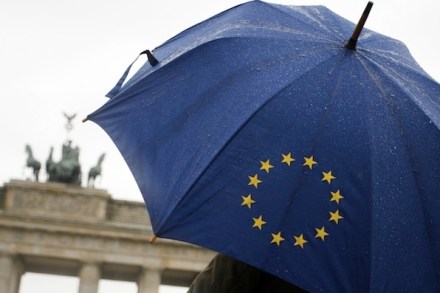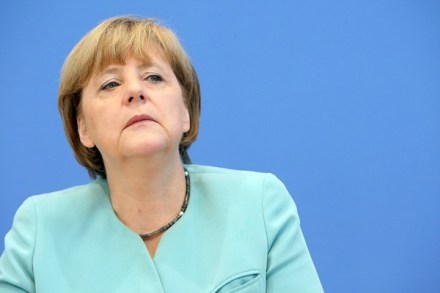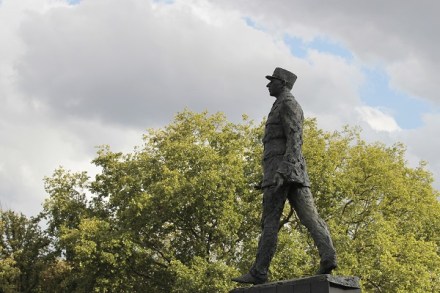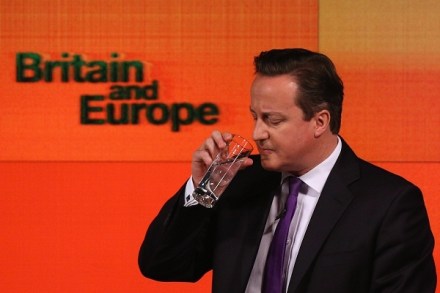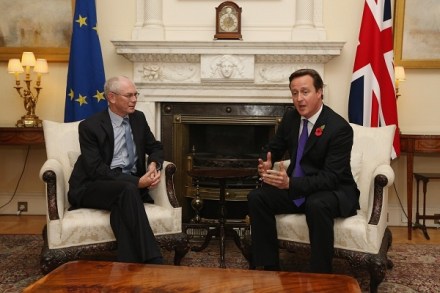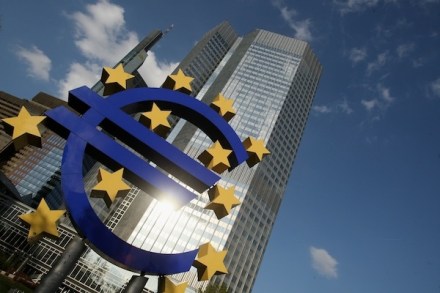Review: In Times of Fading Light by Eugen Ruge – a tale of rebellion and conformity
In Times of Fading Light’s seven narrators exist in an almost permanent state of bewildered disappointment. Given that the narrators are various generations of the same family, what we’re shown is youthful hope turning recurrently to despair. The story begins in Berlin with Alexander, who is dying, visiting his now demented father, Kurt. This is 2001 and Kurt is at the end of his life, speechless and largely uncomprehending. Alexander, meanwhile, plans to elope to Mexico where his grandparents lived in exile almost 50 years previously. Walking his father through the streets of Berlin, he measures everything against the world he’d known before the fall of the Wall: ‘That was



